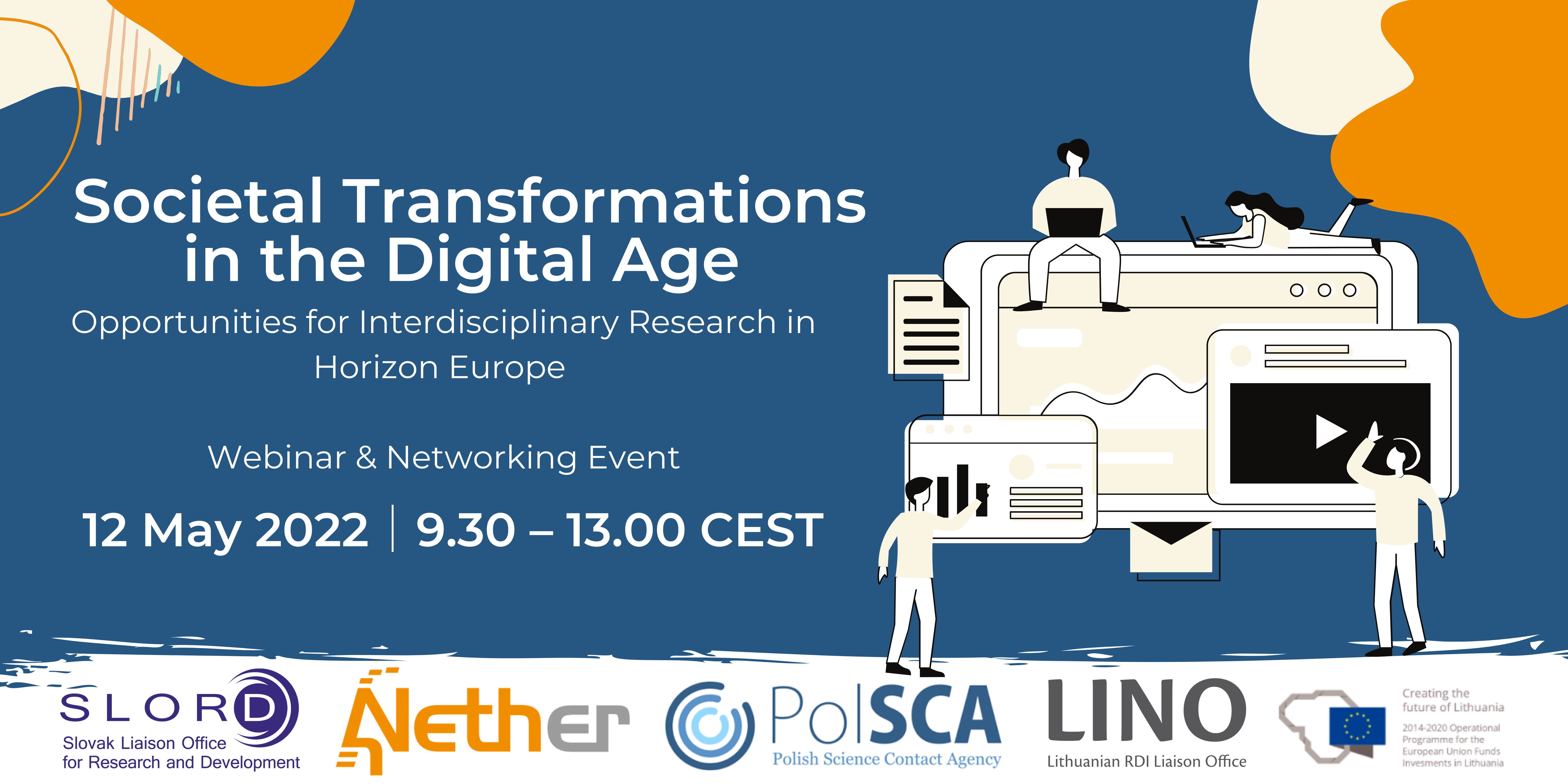
Societal transformations typically refer to profound and long-lasting changes, involving social, cultural, technological, political or economic processes. Our societies evolve constantly and changes as such are both challenges and drivers of our societies. There has always been and will always be a desire for change and a fear of change, both side by side.
New inventions and technologies have a unique power to transform the way of life profoundly. Consider the unprecedented change brought about by the invention of the telephone and its availability to the general public.
Today, information and communication technologies have a major impact on how we operate as a society. While the telephone and the radio provided quick access to information, digital technologies – mainly the internet and mobile devices – enabled its instant flow around the globe. With the diffusion of new technologies, their disruptive potential is visible across all sectors, bringing new challenges to societal, economic, and political development, thus facing us with the digital revolution.
New complex challenges are at hand – are we sufficiently aware of the impact that social platforms and new media have on our behaviour and society? Are we able to tackle the spread of (online) disinformation, which not only undermines our trust in the political institutions of democracy but also could have much wider effects on decisions concerning our health and wellbeing? Can we guarantee the protection of citizens’ fundamental rights and data privacy in the online space? Are we ready to prevent the growing digital divide, the polarisation of the public debate, the radicalisation and the extremism? Are we able to ensure a fair and inclusive labour market and enhance social mobility? And finally, do we know all the opportunities for positive change brought by some innovative digital tools?
This event is jointly organised by four Brussels-based liaison offices: Lithuanian RDI Liaison Office (LINO), Netherlands house for Education and Research (Neth-ER), Polish Science Contact Agency (PolSCA) & Slovak Liaison Office for Research and Development (SLORD).
Our aim is to bring together the expert scientific community working on issues related to the impact of digital technologies on society. This event is open to researchers, research and project managers, public authorities or anyone else interested in the topic. It will be followed by informal networking on Wonder.me platform.
ONLINE STREAMING
Due to high interest, the conference will be streamed online through YouTube. Choose this option if you prefer it or in the case of difficulties connecting to the ZOOM event.
Agenda
9.30 – 9.35 Welcome by the organisers
9.35 – 10.20 Digital transformation of our democracies and socio-economic life: the current challenges
- Marie-Hélène Boulanger, Head of Unit, Union citizenship rights and Free movement, DG Justice and Consumers, European Commission
- Vladimír Šucha, Head of the Representation of the European Commission in Bratislava
10.20 – 10.30 Break
10.30 – 11.20 Connecting the communities: Examples of interdisciplinary research
- DEMOS (Democratic Efficacy and the Varieties of Populism in Europe) – Andrej Školkay, Research Team Leader, School of Communication and Media, Slovakia
- OPERAS (Open Scholarly Communication in the European Research Area for Social Sciences and Humanities) – Marta Błaszczyńska – Cooordinator and Senior Open Science Officer & Magdalena Wnuk – Open Science Officer; Digital Humanities Centre at the Institute of Literary Research of the Polish Academy of Sciences, Poland
- Robotics4EU (Societal acceptance of AI-based robotics) – Thomas Gitsoudis, innovation manager, AgriFood DIH, Lithuania
11.20 – 11.30 Break
11.30 – 12.55 Funding opportunities and synergies
- Malwina Gębalska, CHANSE (Collaboration of Humanities and Social Sciences in Europe) Programme Coordinator, National Science Centre, Poland
- Francisco de la Torre Francia, Deputy Head of Unit, Democracy & European Values, Directorate-General for Research and Innovation, European Commission
- Beatrice Lucaroni, Policy Officer, Fair Societies and Cultural Heritage, Directorate-General for Research and Innovation, European Commission
- Kristina Kardum, Coordinator for Digital Transformation, Digital Europe Programme, Directorate-General for Communications Networks, Content and Technology, European Commission
12:55 – 13:00 Closing remarks
14.30 – 15.30 Online networking session (Wonder.me platform)